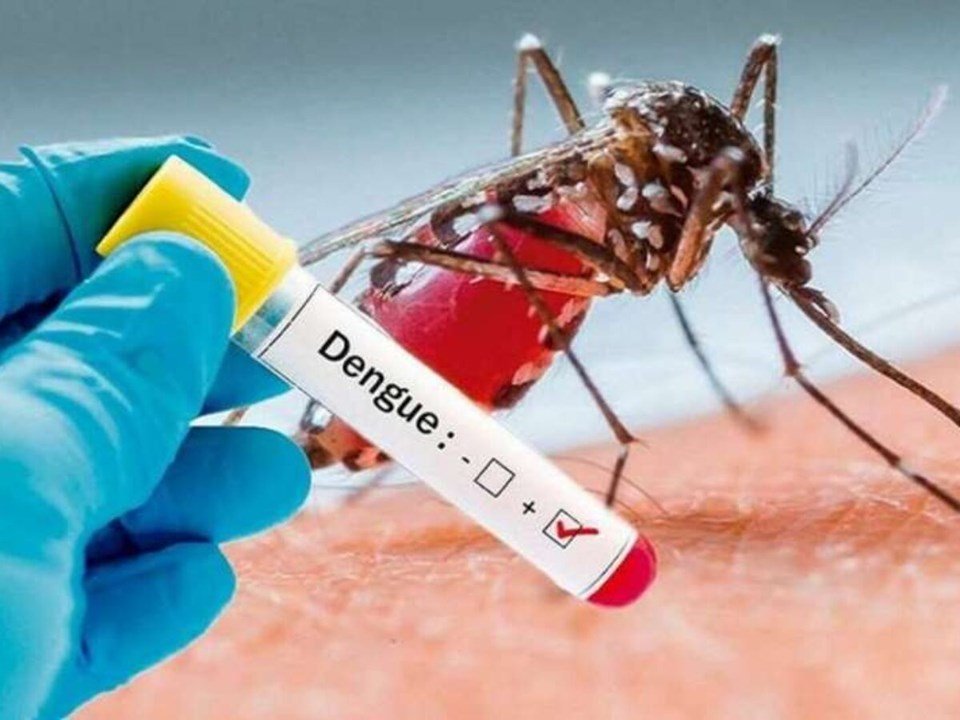The Ministry of Health announced on Tuesday (08/04) changes to the dengue vaccination strategy in 80 cities across Brazil. The decision follows the confirmed circulation of serotype 4 of the virus in São Paulo, the city with the highest number of cases and a lethality rate above the national average. The revised strategy includes the addition of 16 new cities to the vaccination calendar and may also expand the eligible age group for receiving the vaccine.
This Content Is Only For Subscribers
To unlock this content, subscribe to INTERLIRA Reports.
Difficulties
Since last year, the Ministry of Health has faced challenges in engaging the target demographic in the vaccination campaign. Historically, individuals aged 10 to 14 — currently the age group authorized to receive the dengue vaccine — have shown low participation in public health campaigns. The Ministry reports that there are currently sufficient vaccines distributed to states and municipalities to fully vaccinate the population with two doses.
Choice of Cities
The 80 selected cities were chosen based on dengue transmission rates, the increase in case numbers, and population size, which together signal a potential risk of overwhelming local health networks. The strategy includes identifying unvaccinated adolescents, analyzing which neighborhoods they live in, and assessing the local epidemiological situation to design effective, targeted vaccination efforts.
Cases in Brazil
To date, Brazil has recorded 371 dengue-related deaths. Although this represents a reduction compared to 2024, the figure remains concerning. São Paulo has the highest concentration, with 305 reported deaths. One major concern is the re-emergence of serotype 3, which had not circulated for 15 years. This gap means most of the population lacks immunity, contributing to a spike in infections and the concentration of severe cases.
Type 4
The state of São Paulo has also confirmed four cases of dengue serotype 4. Although the specific behavior of this strain remains uncertain, the Ministry of Health is concerned about the concurrent circulation of all four dengue serotypes. This increases the likelihood of individuals contracting multiple infections within the same epidemiological period, raising the risk of severe illness.
Hydration Points
Health Minister Alexandre Padilha announced that the Ministry is prepared to install 150 hydration centers, each with up to 100 beds, in cities requesting federal support. The National SUS Force will also be deployed to help relieve pressure on local health systems. Hydration is considered a critical component of dengue treatment and is essential in preventing patient deterioration. In addition, the Ministry will distribute 1,260 portable mosquito control devices to states across the country.
Analysis:
The Ministry of Health’s recent adjustment to Brazil’s dengue vaccination strategy reflects a necessary and timely response to the complex epidemiological landscape emerging in 2025. The confirmed circulation of serotype 4 in São Paulo — alongside the resurgence of serotype 3 — represents a critical public health challenge. With all four dengue serotypes now in circulation, the risk of sequential infections increases significantly, which is directly linked to a higher incidence of severe cases.
São Paulo’s disproportionate burden of cases and deaths underscores the urgency of reinforcing local health networks. As dengue continues to evolve as a year-round threat in Brazil, long-term mitigation will require sustained investment in surveillance, public education, and urban infrastructure improvements aimed at reducing breeding sites.
Sources: O Globo.




